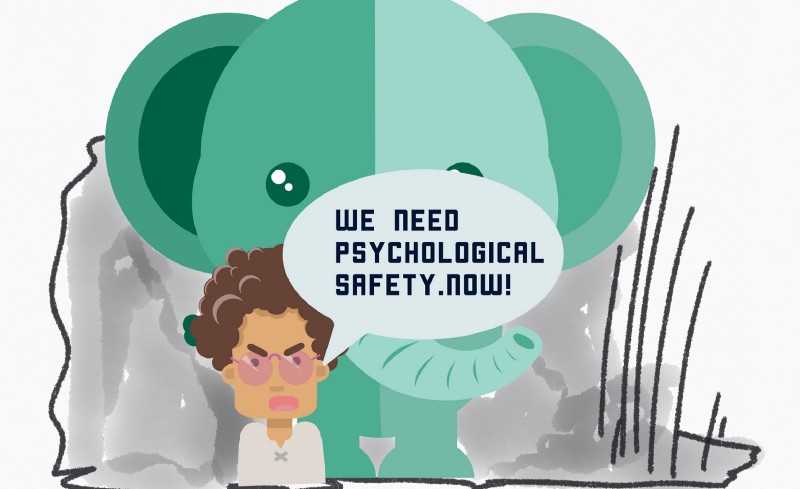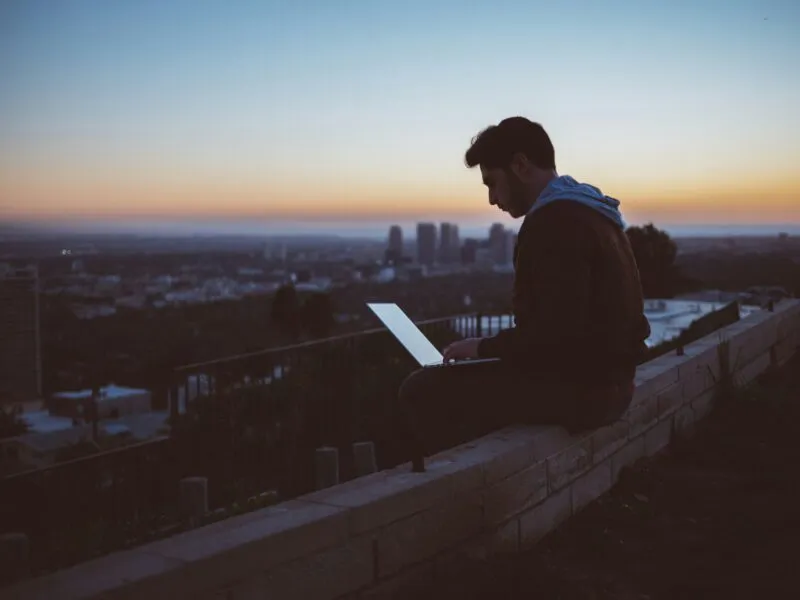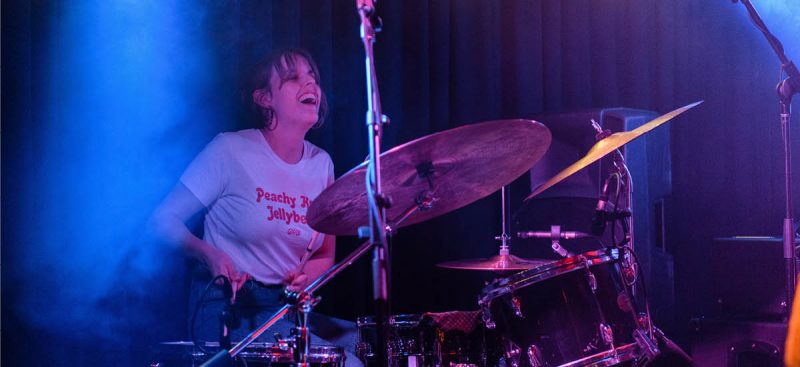Basic needs in a changing world
Maslow’s hierarchy of needs is a model of human motivation, attempting to explain the reasoning behind people’s actions and focus. Maslow theorised that the more basic needs at bottom of the pyramid require fulfilment before the needs above can be attended to.
A person’s basic needs are seldom challenged in recent years due to the typically stable economy, technological advancements and modern medicine. This allows people to focus on more complex needs as they are not occupied with survival concerns. Recent events have now placed the employment of large proportion of the world’s population at risk, if they have been able to retain their positions in recent weeks. Which may explain why purchasing jewellery or big screen TV’s may be low priorities, and certainly not an overseas trip during this time. There is a need for stability and safety before people come back to consumerism.
This time of upheaval, uncertainty and financial insecurity requires focus on supporting wellbeing for people experiencing this unprecidented unease. This can be most positively influenced by social support. This need is understandably one of the first to be forgotten, but is important for bouncing back once things are back closer to ‘normal’.
As depicted in the image below, social needs are the next step towards the more advanced needs. This displays both social support as not only necessary for well-being, but key in getting back to more complex needs.
Social support has been reported to be of great benefit in times of crisis. It has led to an increase in empathy across a wide range of age groups, a greater appreciation for the fragility of life and a strengthened bond to peers following the event. These positive results require social support as they assist in avoiding any psychological distress. For example, in regards to reduction of psychological symptoms alone, it has been recorded to decrease depression and post-traumatic stress disorder, over people in similar situations who were without support.
Achieving a rewarding social network that fosters feelings of belonging and support during this time is challenging when keeping social / physical distancing is being encouraged and increasingly enforced. Technology has thankfully developed ways to communicate without geographical closeness, e.g. via applications such as Zoom. Companies are now implementing more services to allow staff to work remotely from home, and continuing working and remaining in contact with their colleagues.
For example Loom is a communication service for education and businesses who have made Loom Pro free for educational institutions. A non-technology example of ‘innovation’ to maintain social networks is in Spain having organised a workout from a fitness instructor for those isolated in their apartment on a central rooftop. This is an example of ways to promotes fitness, structure and feelings of community while practicing the social distancing.
Companies are also switched their manufacturing to changing needs. Like the Louis Vuitton company, LVMH who have altered their processes to instead make hand sanitizer. They have seem an opportunity to offer kindness in the chaos, to resupply french hospitals with the rapidly depleting products free of charge, with an estimated 12 tons made within a week.
There has also been a movement to supply people with handmade masks during the surgical mask shortage, trending with the hashtags #millionmaskchallenge and #millionmaskmayday.
This reflects the response of the women of wartime who were asked to help the country by sewing military uniforms. This shows how people’s role can change during such times to provide for new needs. In times of challenge, the community’s priorities change.
These examples are small steps people are taking to do what they can with what is available. This is a global crisis, one where the vast majority is affected. This creates a situation where personal loss is minimised by the scale of the issue. By looking at this issue as not singular nations, but as a critical global issue, we are better able to treat this as an opportunity to work collaboratively. With a focus on the needs required at this time and remembering the importance of our community, we will get through this together.




